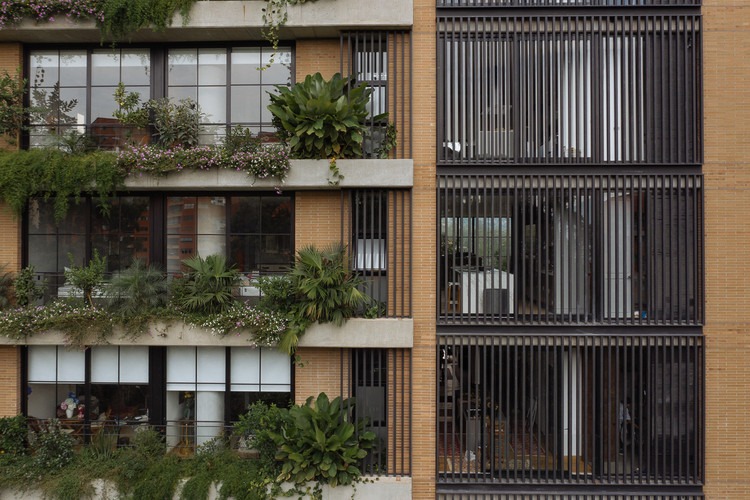A quiet revolution is reshaping Delhi’s urban interiors. From Dwarka to South Delhi, families are ditching synthetic materials and embracing ecoconscious living rooted in ancient Indian traditions. The shift isn’t just aesthetic—it’s a lifestyle overhaul driven by sustainability, wellness, and cultural pride.
Key Highlights of the Movement
-
Natural materials like mitti, lime, and cow dung are replacing cement and paint in walls and floors, reviving the cooling practice of mitti lepna once limited to villages.
-
Herbal cleaners made from lemongrass, eucalyptus, pine oil, and distilled cow urine—like Patanjali’s Gonyle—are replacing chemical bleaches in homes.
-
Tulsi plants, once symbolic, now serve as air purifiers and energy balancers on balconies and windowsills.
Kitchen Minimalism Meets Ayurveda
-
Plastic is out; steel, glass, and clay are in. Grains are stored in cloth bags, and water is kept in earthen pots.
-
Kitchens double as wellness hubs, stocked with turmeric, giloy, jeera, and ashwagandha—not just for cooking but for immunity.
-
Brands like Patanjali are making Ayurvedic staples mainstream, from coldpressed oils to herbal teas.
Scent and Spirit of the Home
-
Incense sticks made from guggul, camphor, rose petals, and Tulsi are handcrafted by residents like Aadya Jha, who blends tradition with modern living.
-
Ecoconscious homes now smell of nature, not chemicals—offering a sensory shift toward calm and clarity.
This grassroots movement blends ancestral wisdom with modern awareness, proving that sustainability begins at home.
Sources: Times of India, MSN News, Firstpost, Modular Kitchen Design, Interior AtoZ, MM Design Studio

